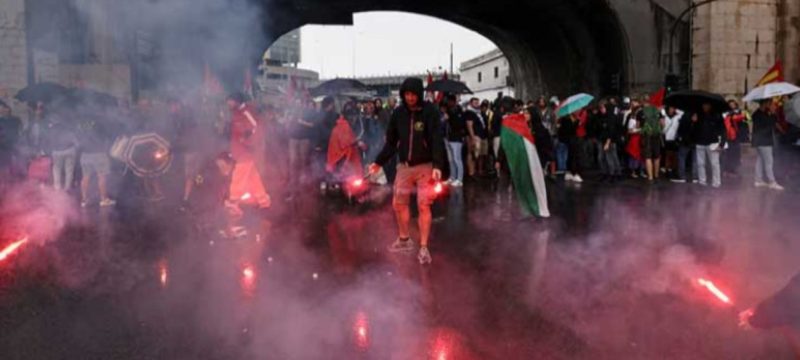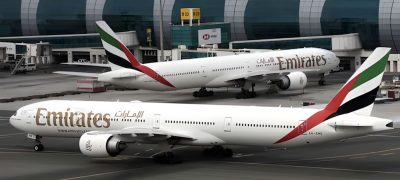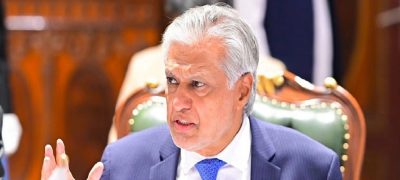Dockworkers in the northern Italian city of Genoa staged a major walkout on Monday. The strike was part of nationwide protests organized by unions against Israel’s military offensive in Gaza.
Workers blocked access roads to the busy Genoa port, halting normal operations. Union leaders said the action was aimed at showing solidarity with the Palestinian people and demanding an end to the violence.
The protest was not limited to the docks. Transport services across Italy faced delays, while several schools closed their doors as staff joined the strike. Organizers stressed that the demonstrations were peaceful but highlighted growing anger among Italians over the escalating conflict.
The Genoa dockers’ strike drew attention as ports are a critical part of Italy’s economy. Blocking access roads disrupted cargo handling and shipping schedules, underscoring the seriousness of the unions’ message. Union representatives also warned of more strikes if the government fails to take a stronger position on the crisis.
Observers note that Italy has a long history of union activism tied to global conflicts. Monday’s strike continues that tradition, reflecting public concern about humanitarian issues abroad. Analysts say the protest in Genoa signals a wider frustration that could fuel further unrest in the coming weeks.
The strikes in Italy also echo global demonstrations calling for a ceasefire in Gaza. Protesters across Europe have rallied to demand international action, arguing that civilian suffering must not be ignored.
Meanwhile, Italy’s government faces pressure to balance public sentiment with its diplomatic ties. Officials have condemned civilian casualties but stopped short of stronger measures. Critics argue this cautious stance risks alienating citizens who want clearer support for Palestinian rights.
Events in Genoa also highlight how domestic protests often intersect with international issues. Just as China is evacuating thousands to respond to natural disasters like Super Typhoon Ragasa, Italy now finds itself dealing with internal unrest linked to foreign conflicts. Both cases show how global crises can create ripple effects at home, forcing governments to act under pressure.
For now, the Genoa dockers remain firm in their stance. Union leaders insist they will continue mobilizing until meaningful action is taken. As protests spread, the strikes may test Italy’s ability to maintain stability while addressing international concerns.
The outcome of this movement will depend on how both the government and unions navigate growing public frustration. Whether the Genoa dockers’ protest sparks larger nationwide action remains to be seen.







